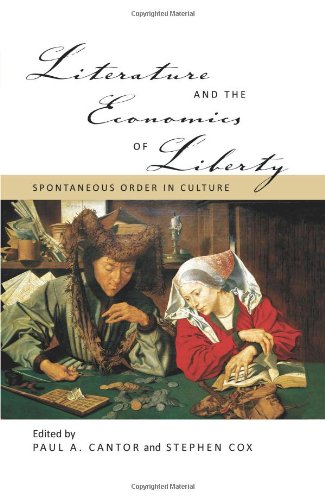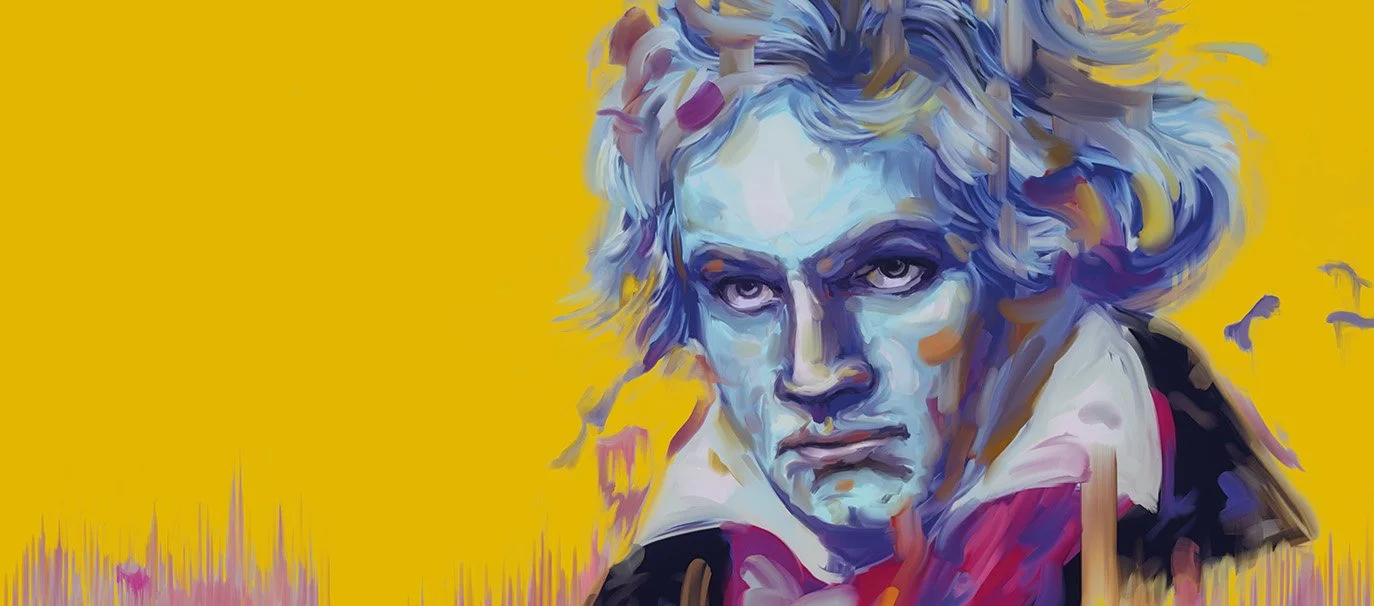Shakespeare's Theater
A study of the first example of “mass market” culture, and its intersection with aristocratic patronage. The importance of competition in artistic creation. Shakespeare as entrepreneur. The economics of the Globe Theater.
Lecture 2 of 10 from Paul Cantor's Commerce and Culture Course.
An introduction to the basic systems of supporting the arts—patronage, commercial markets, government funding—all work, some work better than others. The importance of the division of labor in artistic creation. The caveman who invented art. Culture and spontaneous order. Lecture 1
A study of the first example of “mass market” culture, and its intersection with aristocratic patronage. The importance of competition in artistic creation. Shakespeare as entrepreneur. The economics of the Globe Theater. Lecture 2
The art market is the best understood form of commercial artistic creation. The importance of the studio system. Case studies include Michelangelo and Rubens. Answer to the riddle: “When is a Rembrandt not a Rembrandt?” Lecture 3
Classical music as a luxury good that only wealthy societies can support. Case studies include Vivaldi, J. S. Bach, Mozart, Beethoven, Liszt, and Wagner. The Church, the Court, and the Middle-Class Market for Sheet Music. Lecture 4
A study of the first form of culture mass-marketed as a commodity. The distinctive nature of print culture. Focus on Dickens. The art of the cliffhanger. Mass culture and artistic feedback. How the novel evolves over time. Lecture 5
Modernist hostility to the marketplace. The return to patronage and the turn to the academy and government funding. Case studies include Ezra Pound and James Joyce, with some attention to modernist painting and music. Lecture 6
Dictators as patrons of the arts: Hitler, Stalin, and Mussolini. Case studies include Dimitri Shostakovich. How to rub a dictator the wrong way. The ability of great artists to create even under totalitarianism is testimony to the resilience of the human spirit. Lecture 7
The great example of commercial culture. Most movies are of low quality, but the system as a whole still produces masterpieces. Academics were the last to recognize cinema as an art form. The studio system vs. the auteur. Critique of the Frankfurt School critique of mass culture. Lecture 8
Television as the ultimate test case of commercial culture. It suffered heavily from government regulation at first; its progress depended on deregulation from the federal government. National Networks vs. Cable TV. In defense of Rupert Murdoch and Fox TV (The Simpsons and The X-Files). Lecture 9
The advantages and disadvantages of the market as support for the arts. Comparison with other systems. Toward a theory of media change. Video games and the future. The spontaneous order model. Lecture 10











